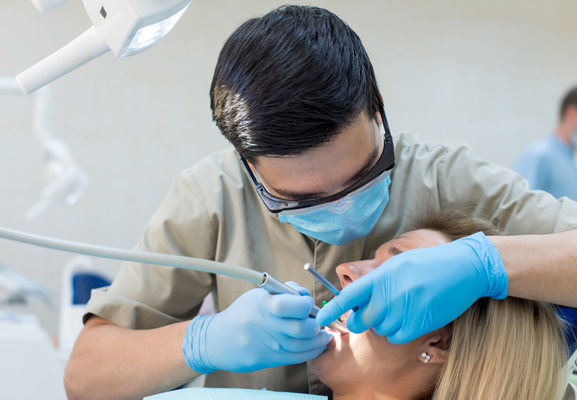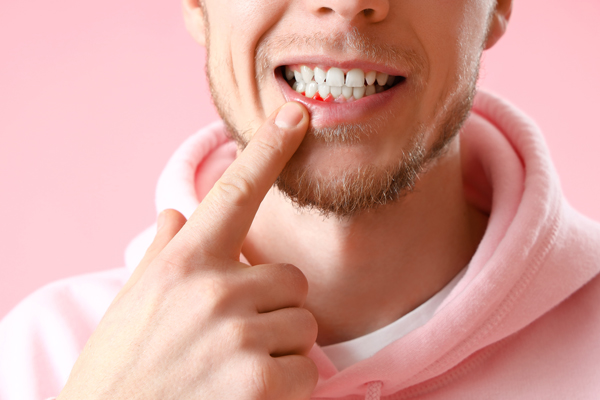History of Dental Oral Sedation

Dental sedation has been around since the late 1800s. Though dental oral sedation is very common now, it was not as frequent back then. Out of all the methods of sedation, oral sedation is the most popular and least invasive method.
A brief history
Sedation in the dental world was not always as easy and full of options to tailor to the patient as it is today. Nitrous oxide was discovered almost a hundred years before it was used, in the late 1700s, and it was not applied to dentistry until 1840. Horace Wells first used nitrous oxide successfully for the extraction of his tooth. Unfortunately, while demonstrating his use, the dose was miscalculated, and it looked as though his findings had failed him. This caused a block in using his findings for some time.
Dental oral sedation via nitrous oxide was not officially used in medical practice until 1946, when it was finally reconsidered. Before the 1940s, cocaine was used before moving to cinchocaine and lignocaine. Cocaine was very temperamental, and creating the correct dose was difficult.
Today's available techniques
Today, there are several types of sedation available, one of the most popular being oral sedation. This gives the patient a large gap from minimum to maximum sedation levels and is achieved by drugs in a pill form like Valium. Some other options are Xanax and Vistaril. Oral sedation does not put the patient out but rather sedates them into the desired level of a calm stupor.
This is an easy method to keep the patient calm and worry-free without the stress of more complicated methods, Though the most popular method currently is oral sedation, there are some other common options too: inhaled minimal sedation, IV conscious sedation and general anesthesia. Not only is oral sedation the easiest method to administer, but it also has a lot of other benefits, including being cost-effective.
Other benefits of oral sedation
Many higher-risk options like full-on anesthesia can cost hundreds of dollars where a bottle of valium can go as low as one dollar depending on the insurance. It's a lot more appealing because this method does not utilize needles or any pain-inducing instruments. Oral sedation is a lot easier to regulate if you have already had experience with anxiety medication.
A lot of people who suffer from anxiety on a regular basis already have a favorite medicine or something they know works the best. Oral medications used for dental sedation react differently to each person, so sometimes prior experience is helpful. Knowledge of oral sedation is acquired through schooling, and there are classes offered in oral sedation dentistry across the United States.
During a consultation, we can help determine the most effective type of sedation technique to meet your needs. The important part is that you receive the care you need while remaining comfortable and safe. Therefore, we will review your medical history and current condition to determine the most effective treatment plan.
Request an appointment in our Bowie dentist office here: http://www.gatewaydental.org.
Recent Posts
Adult sedation dentistry is the modern way to deal with the pain or stress that patients may experience when visiting the dentist. While we do everything in our power to limit or eliminate pain, some patients will still feel a bit of fear toward any type of dental appointment. Fortunately, we have different types of…
Dental anxiety is common among patients of all ages. Feelings of fear or anxiousness often come with visiting a dentist due to the unknown or the potential for pain. Thankfully, modern-day medicine and dentistry have allowed for the evolution of anti-anxiety tools to help patients manage and overcome their fears.Dental anxiety, in particular, can be…
Our dental office provides preventative care to patients with the goal of helping them maintain healthy teeth and gums. We do so by cleaning teeth and removing plaque/ tartar. This allows us to help our patients avoid getting cavities or gum disease.Also, by cleaning teeth on a regular basis, we make it possible to prolong…
A cosmetic dentist plays a crucial role in enhancing both the function and appearance of a patient's teeth. Some treatments are more effective for a smile's appearance than its function. Understanding the difference between corrective and aesthetic dentistry is essential for anyone considering dental improvements.Corrective dentistry addresses structural problems and functional issues within the oral…


